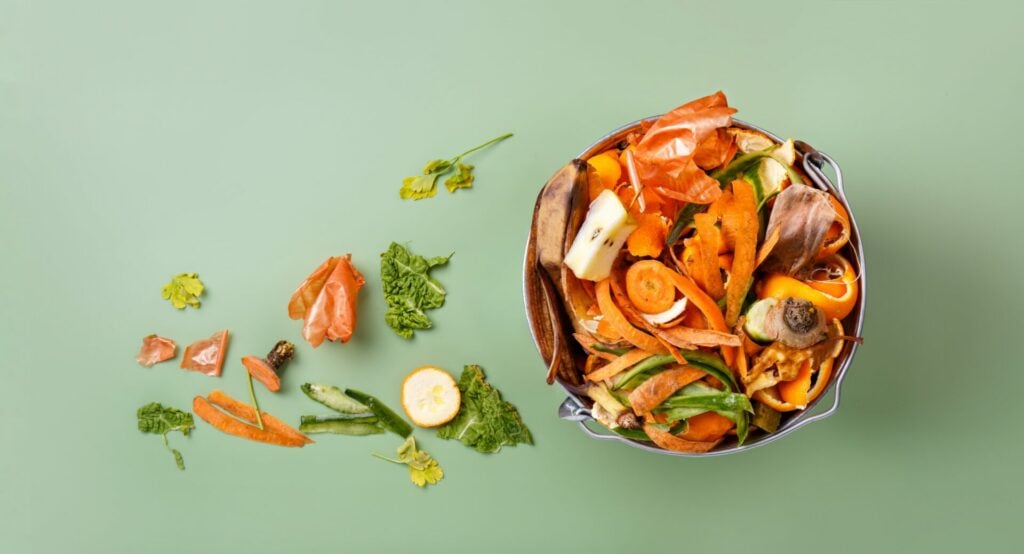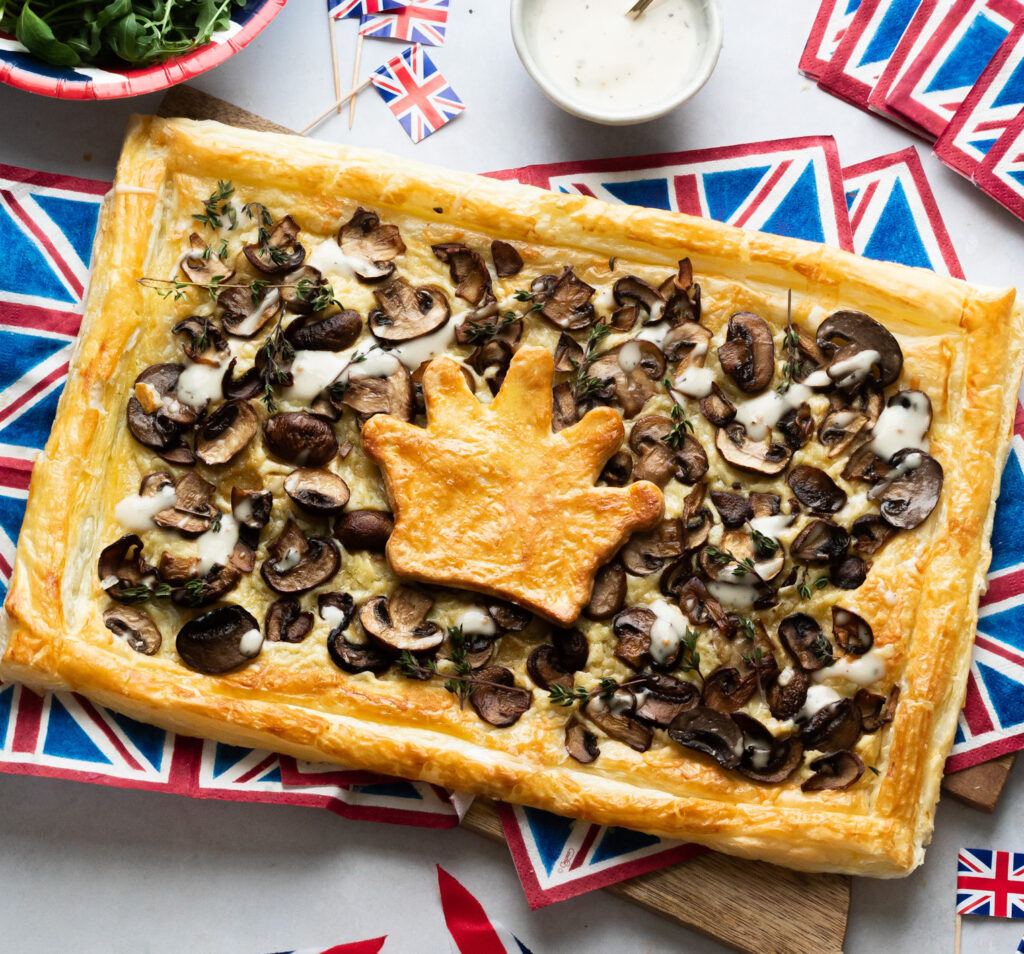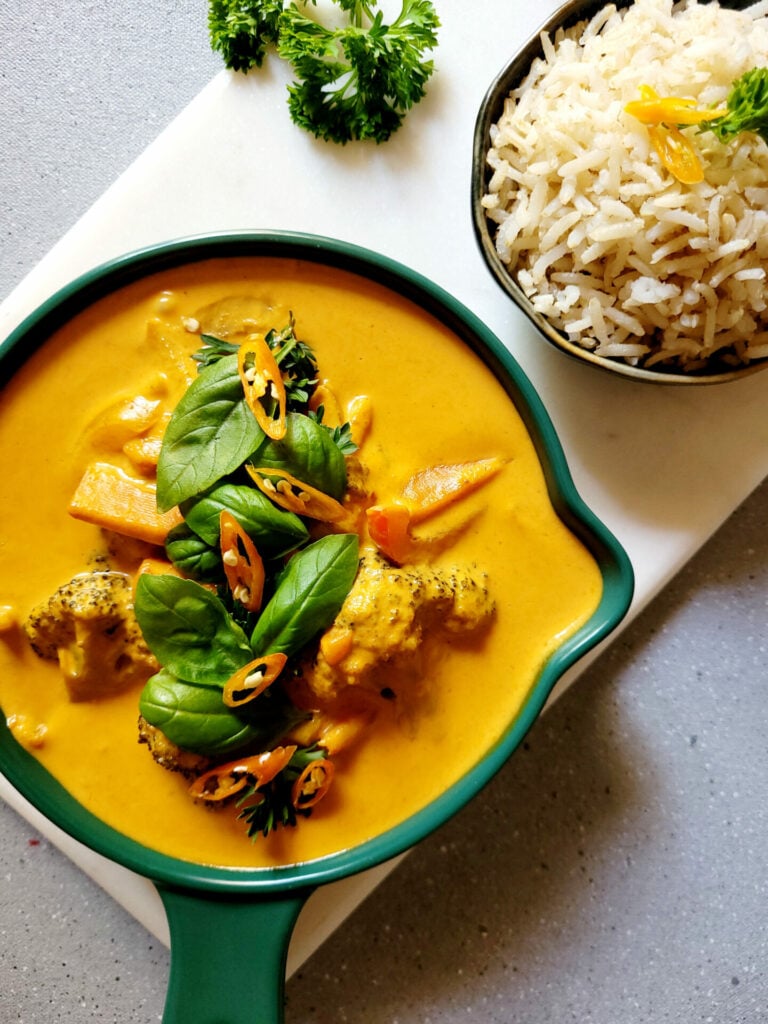Pets may be our best friends – after all there are 470 million pet dogs and 370 million pet cats globally – but they’re not the planet’s. Like us, our pets use resources with their biggest environmental impact coming from their food. Studies estimate that our pets eat around 20 per cent of the world’s meat and fish.
You care about your pets’ wellbeing and happiness, but you also care about the earth – so how can you be a more eco-friendly pet owner?
Eco Pets
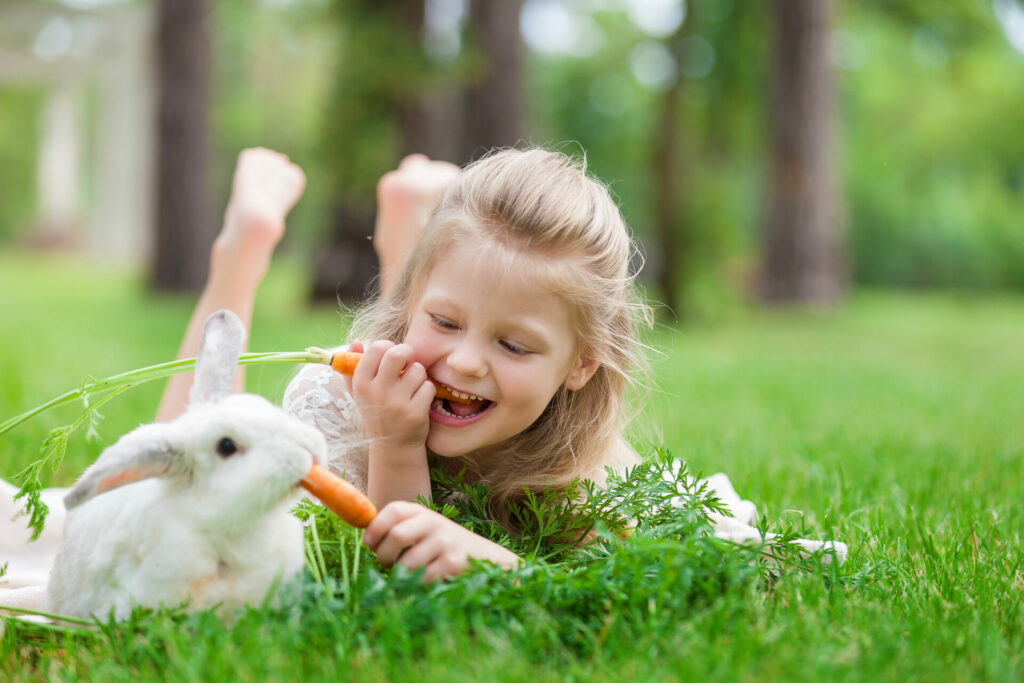
The world’s most popular pet – dogs – have the biggest carbon footprint, followed by cats. This is largely down to their meat-based diets, which requires a lot of land and energy to produce. Plant-based pets such as rabbits, guineapigs and hamsters are generally considered to have a lower carbon footprint.
Adopt, Don’t Shop
Whichever animal you choose, adopting a pet helps reduce the number of animals in shelters and gives an animal in need a loving home. Ensure that you choose a reputable animal charity to adopt from. Not only is adopting a more ethical choice, but the rescue centre will also usually make sure your pet is neutered, microchipped and vaccinated beforehand, as well as helping you to choose the right pet for your lifestyle and home.
Vegan Diet?
Rabbits and guineapigs are herbivores and eat a diet consisting of hay, fruit and vegetables. This could also be supplemented with homegrown veggies and herbs, food scraps such as carrot peelings and carrot tops, and foraged goodies such as dandelion and fresh grass. To make your rabbit or guineapig even greener, consider choosing local and organic produce.
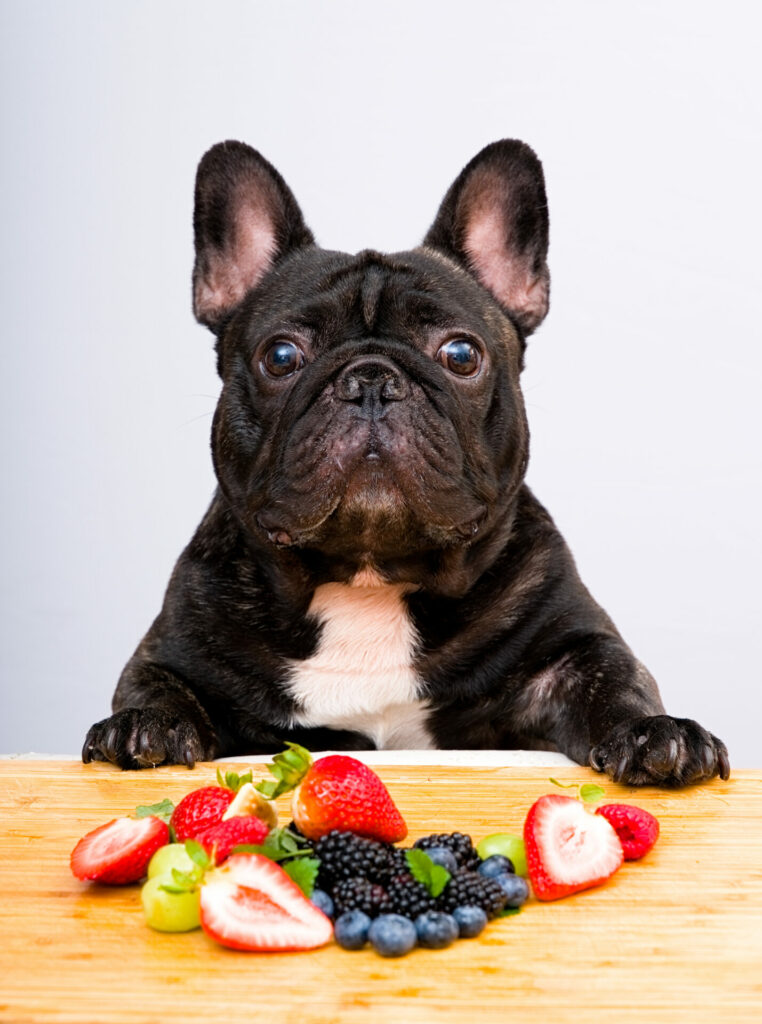
Dogs are omnivores so can live healthily on a vegetarian or even a vegan diet, as long as it is carefully monitored and planned to ensure it is balanced and nutritious. Many more plant-based dog foods and treats are now available, and you can also supplement this with homemade dishes such as lentils and steamed broccoli and carrots.
Cats, however, are strict carnivores and rely on specific nutrients found in meat and fish to be healthy and well so could become seriously ill without this.
Reducing Impact Of Your Pet’s Food
As a rule, don’t overfeed pets and try to reduce any food that’s wasted. Make any changes to your pet’s diet gradually. If you have a dog, introduce some plant-based treats or a flexi diet and monitor how your pet adjusts.
If you’re able to, choose organic pet food, and avoid any beef-based food because of beef’s high environmental impact. You could consider an insect-based pet food (it’s becoming increasingly popular for people too), but keep in mind that this type of food is relatively new, and vets have highlighted that more long-term research may be needed into its benefits and nutrition. You may prefer to choose higher welfare meat and MSC-certified fish.
Packaging and Waste
Pet food, especially pouches, are often made from plastic. New TerraCycle schemes allow some pet food pouches to be recycled. However, you may prefer to choose tinned wet food, which is easier to recycle, and kibble packaged in compostable sacks. Some zero-waste refill shops now also sell pet food, so research whether you can buy your pet’s food lose in a reusable container.
If you have a rabbit, guineapig or plant-based animal, their used sawdust and hay can be composted at home or in a municipal scheme.
Cats and dogs excrete a lot of waste – in America alone it tops 10 million tons per year with most of it ending up in landfills or plastic poop bags that won’t biodegrade for hundreds of years. There’s also the single-use puppy training pads and non-biodegradable kitty litter that have a negative impact on the environment.
For cats, choose a natural and biodegradable cat litter, such as those made from wood fibres. Never flush your cat’s used litter – even if it is labelled as flushable – because unfortunately this can expand and block pipes.
And for dogs, switch to compostable or recycled poop bags and avoid those made from virgin plastic. For mucky pets, have a shampoo bar to hand rather than bottled products. These use less plastic, water and chemicals.
Pet Toys
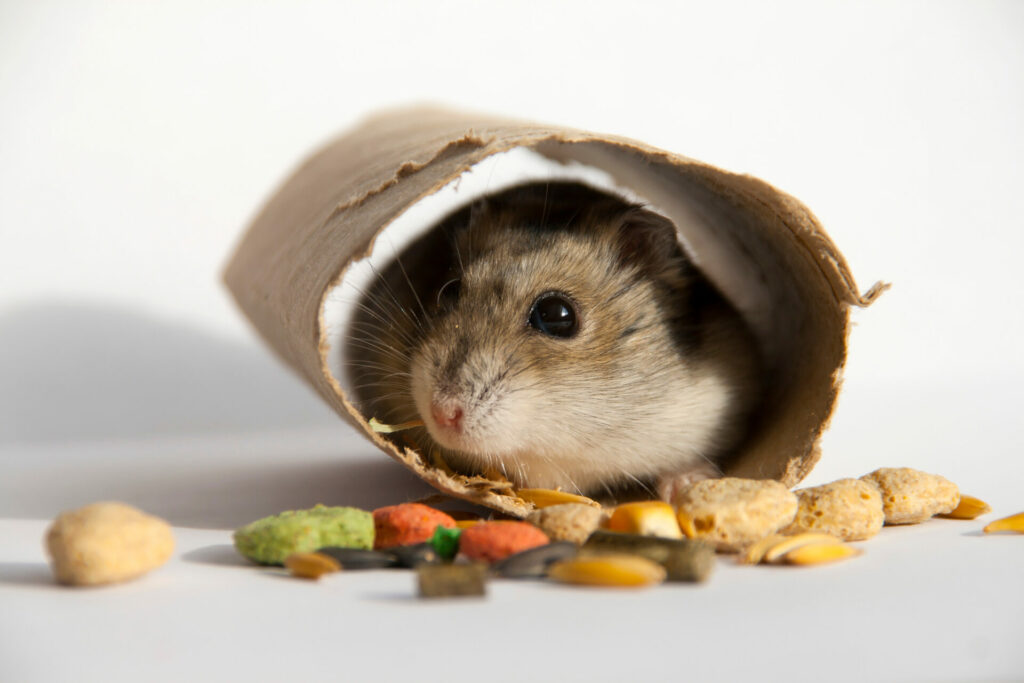
Try to avoid throwaway, plastic pet toys and accessories, and instead choose ceramic feeding bowls, wooden cat games and organic cotton or hemp dog toys. Even better, swap pet toys and accessories with friends or source them second-hand from a charity shop or online marketplace. After all, the most sustainable pet toy is the one that already exists.
Often the best things to entertain pets can be made from upcycled materials. Cats are renowned for loving a cardboard box, so use these as tunnels or hiding places – great for rabbits or guineapigs too. Wrap an old T-shirt around a cardboard box and the head hole is ideal as a cosy entrance for your cat.
The cardboard centres of used toilet rolls are also perfect for entertaining most pets and creating puzzle-like toys. For rabbits and guineapigs, stuff the rolls with hay and hide them around their homes. For cats, rabbits and dogs, save a few toilet roll centres and create a game by hiding a treat inside some. Dot them around your pet’s environment for them to seek out their reward. An old T-shirt could also be knotted and repurposed as a pull toy for your canine friend.
If your pet sadly passes away, think about donating their old bed and blankets or any food you may have spare to a local animal shelter where it will help animals in need.
Be Kind To Wildlife
Dogs are the ideal walking companions but remember to look for any signage so that your canine friend doesn’t disturb wildlife such as nesting birds or livestock such as sheep. When needed, keep your dog on a lead to reduce any risk to wildlife.
If your cat has outdoors access, you may be concerned about it catching wildlife such as birds and mice. The RSPCA recommends restricting your cat’s outdoors access at dawn and dusk, when wildlife is most active to reduce the chance of your cat predating. You may also want to purchase a quick-release cat collar with a bell to help alert wildlife. Also remember to have fun with your cat – a study found that just five to 10 minutes of play per day resulted in a 25 per cent reduction in hunting.
Ellen Tout’s book, How To Reduce Your Carbon Footprint: Practical Ways to Make a RealDifference, is available to order now.









